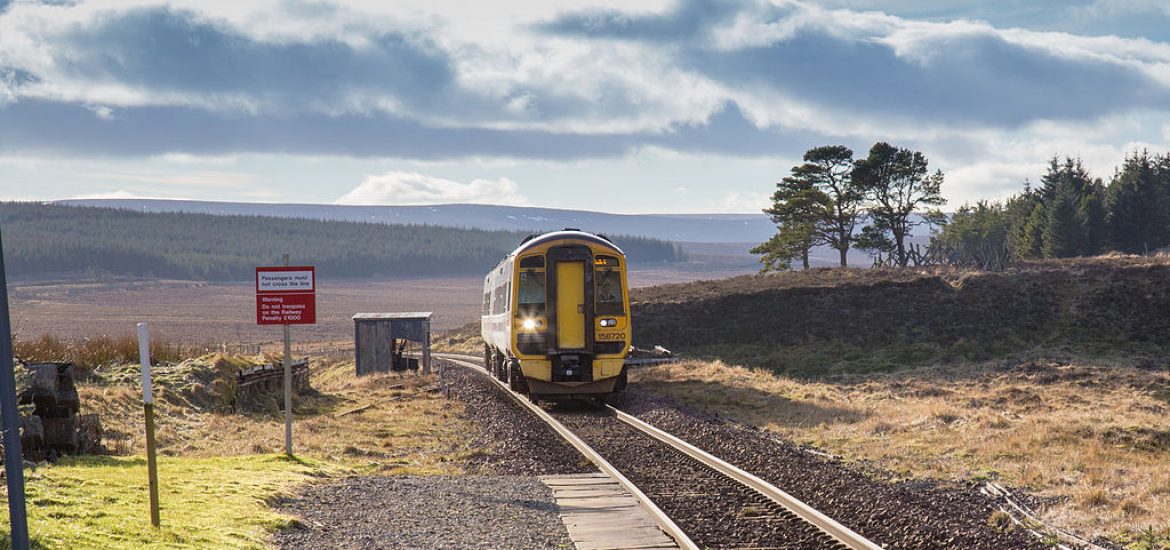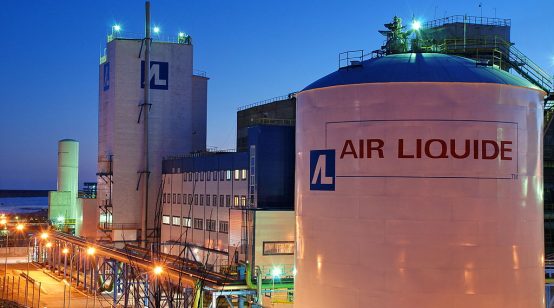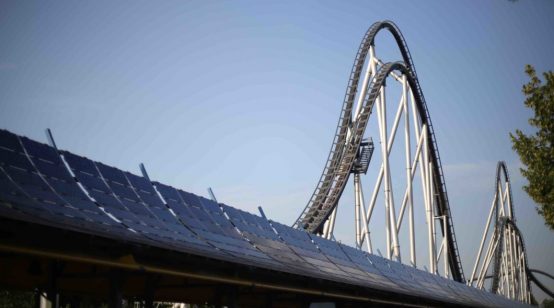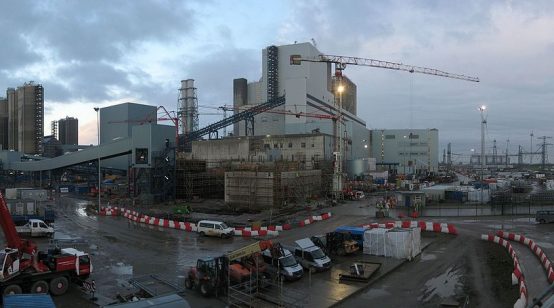
A Scottish hydrogen-fuelled train is due to be constructed and tested in the country as the renewables hub looks to ban diesel passenger trains within 15 years.
The train is due to be created by converting ScotRail carriages that were abandoned in late last year.
The train refurbisher Brodie Engineering in Kilmarnock has been commissioned for the conversion work. The technology is being developed by Arcola Energy and Scotland’s University of St Andrews in the Scottish Enterprise scheme.
CEO of London-based Arcola Dr Ben Todd said hydrogen could be used on long, non-electrified routes that were unsuitable for battery-run trains.
Todd said it would be a small feasibility study, involving the refit of a former ScotRail class 314 electric train.
But cheaper sources of hydrogen would be required since the world’s most abundant and lightest element is currently far more expensive than fossil fuels.
In the US, for example, hydrogen is currently four times more expensive than conventional fuel, at approximately US$16 per gallon.
The Scottish authorities plan to build hydrogen production close to wind farms to use surplus electricity to reduce the cost.
Todd said: “We need to make a major change to the energy system, with more power from renewable sources to the grid.”
German hydrogen trains made by Alstom began carrying passengers in 2018 and other research projects are operating in England.
Scotland has pledge to “decarbonise” its passenger trains by 2035, five years before the rest of the UK.
The UK itself has committed £28 million in funding for five projects focused on hydrogen production.
The funding is part of a £90-million package which comes from a wider £500-million innovation fund. The Hydrogen Supply programme focuses on five projects.
The projects include “low-carbon hydrogen production plants” in northwest England and near Aberdeen in Scotland.
The Edinburgh government’s Transport Scotland has also committed to trialling hybrid self-powered trains using a mix of hydrogen and batteries.
Transport Scotland said: “In line with our commitment to decarbonise the railway by 2035, hydrogen is one of the energy sources we are exploring as an alternative to diesel.
“We are working with Scottish Enterprise and rail industry partners to see how this can be practically applied to a retired class 314 ScotRail train.”
Some isolated Scottish railways are unsuitable for battery power. Picture credit: Wikimedia





